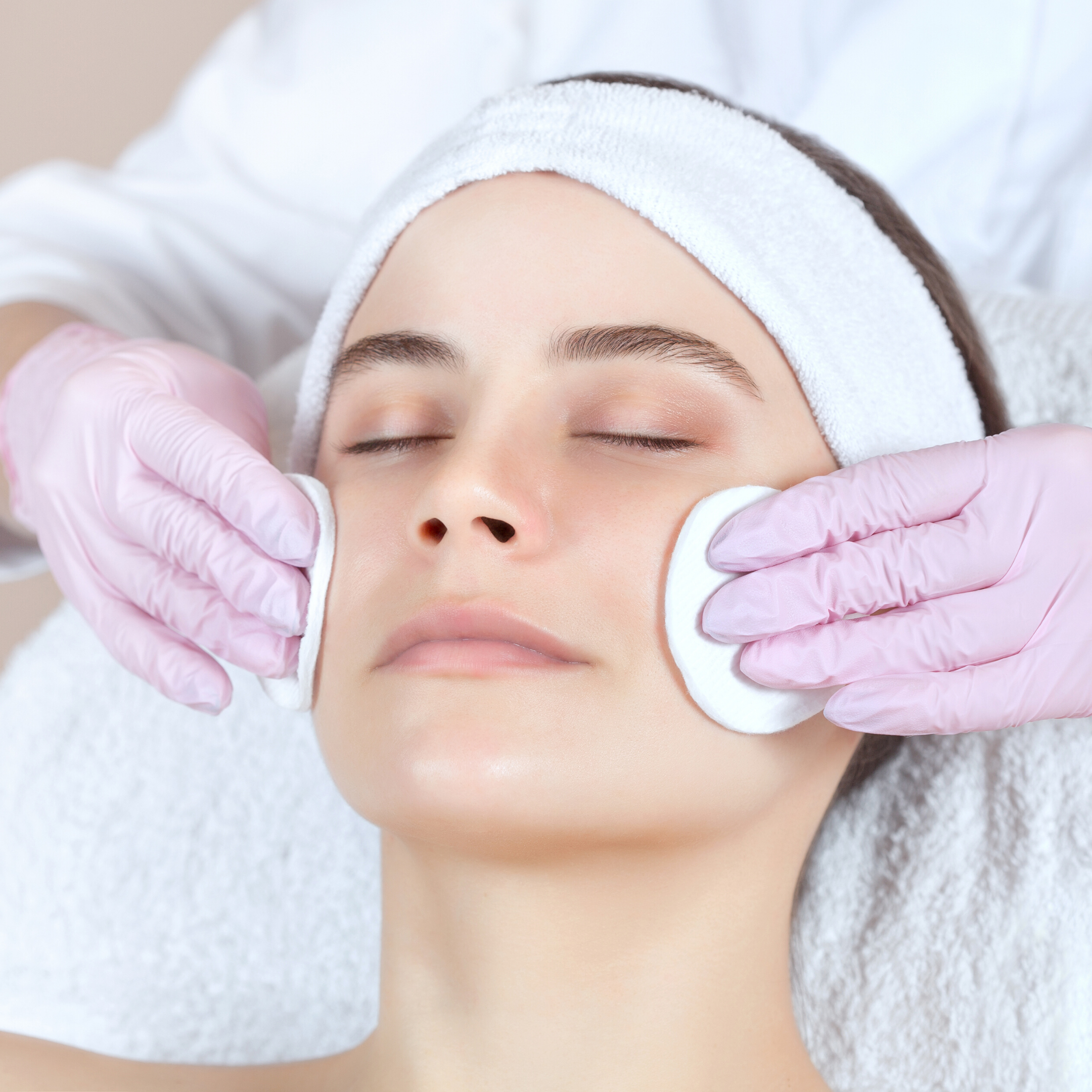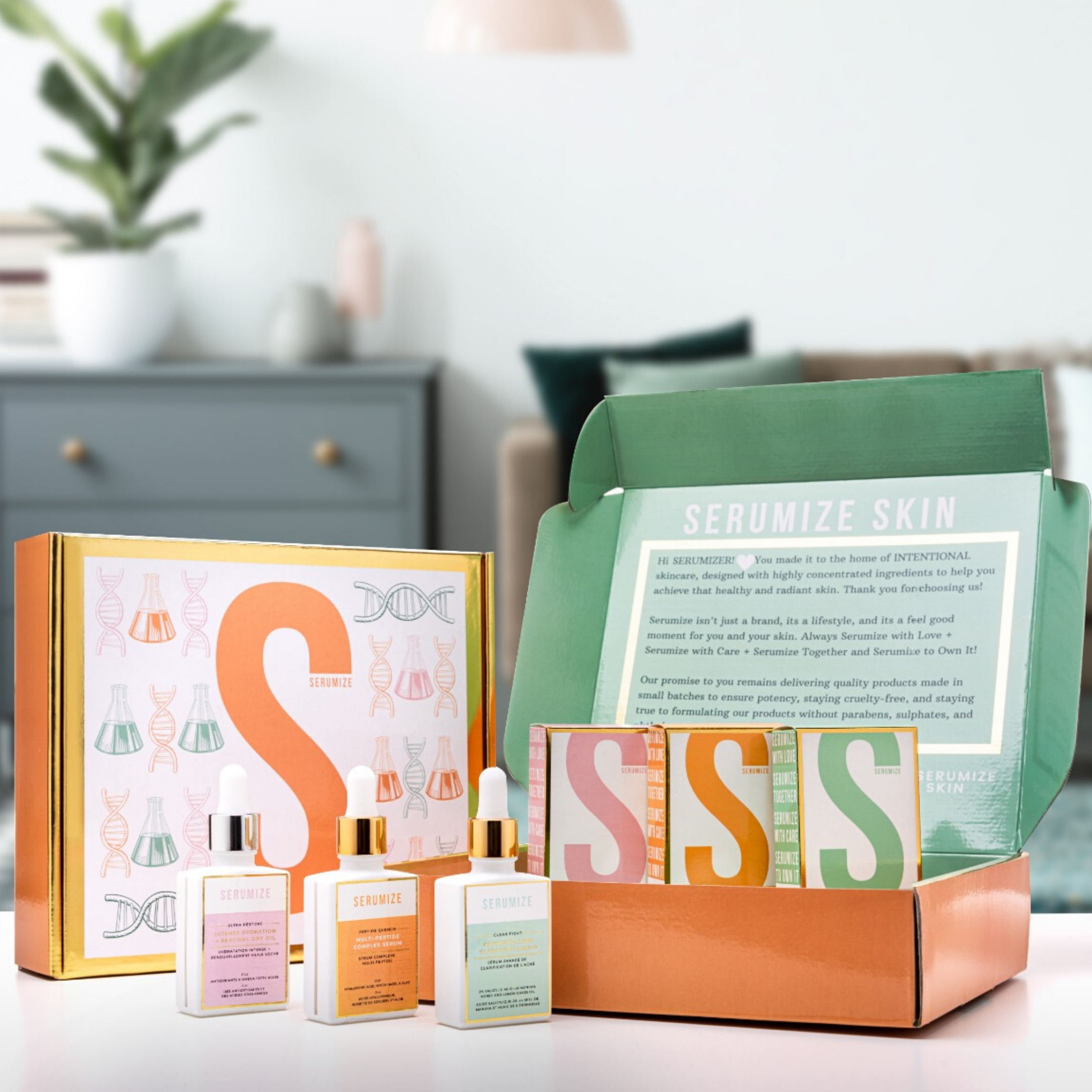Many people struggle with how to wash their face correctly and for good reason: it's not as simple as washing your hands. There are a few key things to remember and you can find them below, but before we get into that, here are the most common mistakes people make. In fact, certain skin types need a specific face-washing routine. But it's worth the effort to get it right. Cleaning your skin thoroughly is important for washing away dirt, debris from your pores, makeup and other things that might clog them up. And depending on the type of cleanser you use, it could also be used to treat specific skin conditions, like acne. However, it's not only how you wash your face that makes the difference. It's also what type of cleanser are you using, when are you washing your face and how often? Here are some easy ways to make sure your face washing is effective. Learning how to do it can be helpful so you have the correct routine in place for when you wash your face in the future.

What is the best way to wash your face?
More time does not mean cleaner skin. Your facial cleansing product will work just as well if you wash your face for the recommended amount of time. Plan to wash your face for 20-30 seconds or until it lathers up. More than that could be difficult for your skin. Aggressive washing, especially with a cleanser rich in exfoliating ingredients, can quickly lead to skin irritation. Avoid this by using a gentle cleanser like the Serumize Antioxidant Facial Cleanser, and cleansing for the appropriate amount of time.
To wash your face, dermatologists recommend that you start with lukewarm water and use gently circular motions. The T zone is between the nose and the chin, while the U zone is around your jawline. Once you’ve built up a nice lather, rinse and carefully pat dry with a soft, clean towel.
This might sound strange, but using hot water to wash your face or in the shower can actually be bad for you. It's nice to use some hot water for comfort at first, but after a while it can become too much and start to be damaging.
Extreme temperatures can cause your blood vessels to dilate and break fragile tissues, as well as disturbs the natural balance of oils on the skin. In addition, hot water removes an important protective barrier from your skin that helps maintain its integrity. This means that if exposed to such temperatures, you'll experience dryness and possibly flaky textured skin.
Your skin may be already prone to problems like dryness and sensitivity if it has a lot of impaired natural oils. You may also experience heat as a trigger for rosacea, a skin condition that causes redness and acne-like bumps. So, it’s important to use lukewarm water to wash your face.
When should you wash your face?
The use of cleansers twice a day is often recommended for most people. At the very least, washing your face every evening is necessary. The nighttime wash is basically the beginner’s guide to skin care. It still holds true even if you don’t wear make-up. During the day, natural oils and sweat accumulate on the skin. We are exposed to the environment, which means that dirt and pollution build up on our outer skin layer. Leaving all the dirt and gunk on your face at the end of the day can cause skin inflammation, irritation & more acne.
For most people, another rinse in the morning is a good idea. While you’re tossing and turning at night, bacteria from your saliva and oils from your hair are easily transferred to your face and eyes. So even if you wash your face at night and do all of the right things to make sure it’s clean when you go to bed. Plus, if you’re putting on products like treatments, serums, moisturizers, or night creams before bed, you’ll want to wash those off in the morning before putting on your daytime products.
Make sure to use a different facial cleanser in the morning than you use at night. If you have dry skin, for instance, it may be best to use micellar water or something gentle like the Serumize Antioxidant Facial Cleanser in the mornings. And if you’re using a salicylic acid-containing cleanser to help manage your acne, you may find that it’s too harsh or drying to use twice a day.
Make sure you’re using a cleanser that’s right for your skin type.
A cleanser is a type of soap that is made for deep-cleansing and moisturizing facial skin. Always consider your skin type and conditions when you decide on a cleanser. Do you have normal, dry, oily or combination skin? Sensitive skin? Acne prone skin? There is a cleanser for every need. If your skin is dry or sensitive, a gentle or creamy cleanser typically works best. People with oily skin usually do well using gel or foamy cleansing products. A water-based option is good for people with normal skin. You can also try using something like a cleansing oil or balm, which tend to be more moisturizing than traditional cleansers and are able to cut through thicker makeup and sunscreens.
But if you have no idea where to start or how to figure out your skin type, it’s worth checking in with a medical aesthetician or dermatologist who can recommend a face wash for you specifically.
Use a separate product just for exfoliating.
It may seem like using a scrubby exfoliant is an easy way to knock out two skin-care steps in one. But the truth is that, unless you’re trying to manage acne with something like a salicylic acid-containing cleanser, you probably don’t want to be using an exfoliant every day—and there are almost certainly better cleansers out there that will be kinder to your skin.
Both chemical exfoliants (like salicylic acid and glycolic acid) and physical exfoliants (like scrubs and motorized brushes) can be very effective at removing dead skin cells, dirt, and other gunk that can clog pores. Exfoliating your skin can help to remove buildup of dead cells on the surface. But when overused it can disrupt the delicate skin barrier and lead to irritated, flaky, dry patches. To avoid over-exfoliating, limit your exfoliation to once or twice per week. Those who have dry or sensitive skin may want to do it even less often, like once every 1-2 months.
Lastly, make sure your face towels are clean.
It might seem like a hassle to put your washcloth in the hamper, but experts say doing so will help you avoid spreading bacteria and keep your skin clean. Instead, invest in a set of affordable washcloths that can tide you through your whole cleaning routine. They will make your cleansing routine more convenient and the cost is not the only benefit!




